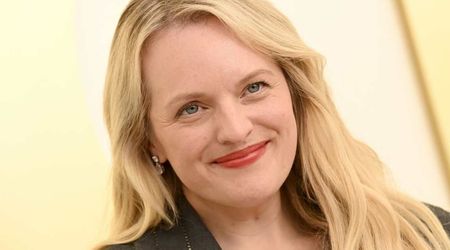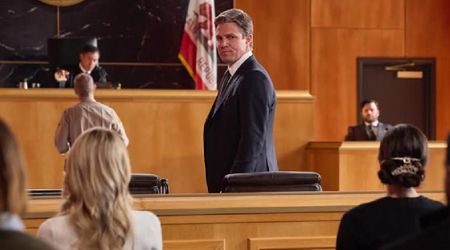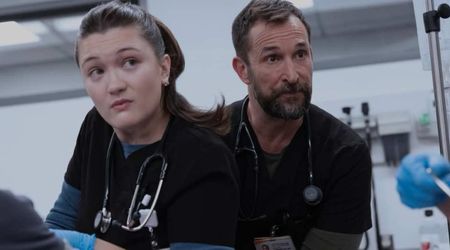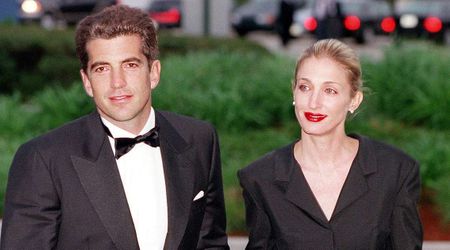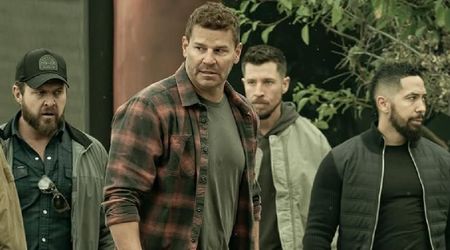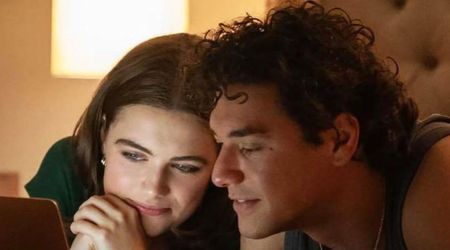'Finding the Way Home' highlights painful realities of the 8 million children living in institutions and orphanages all over the world

In Moldova, Maria was abandoned as a child by her birth mother because of her disability — she was born with cerebral palsy. A premature baby, she never knew what a family meant, having been in an orphanage for as long as she could remember. No one wanted her because of her disability. She couldn't even sit up, she could only lie down.
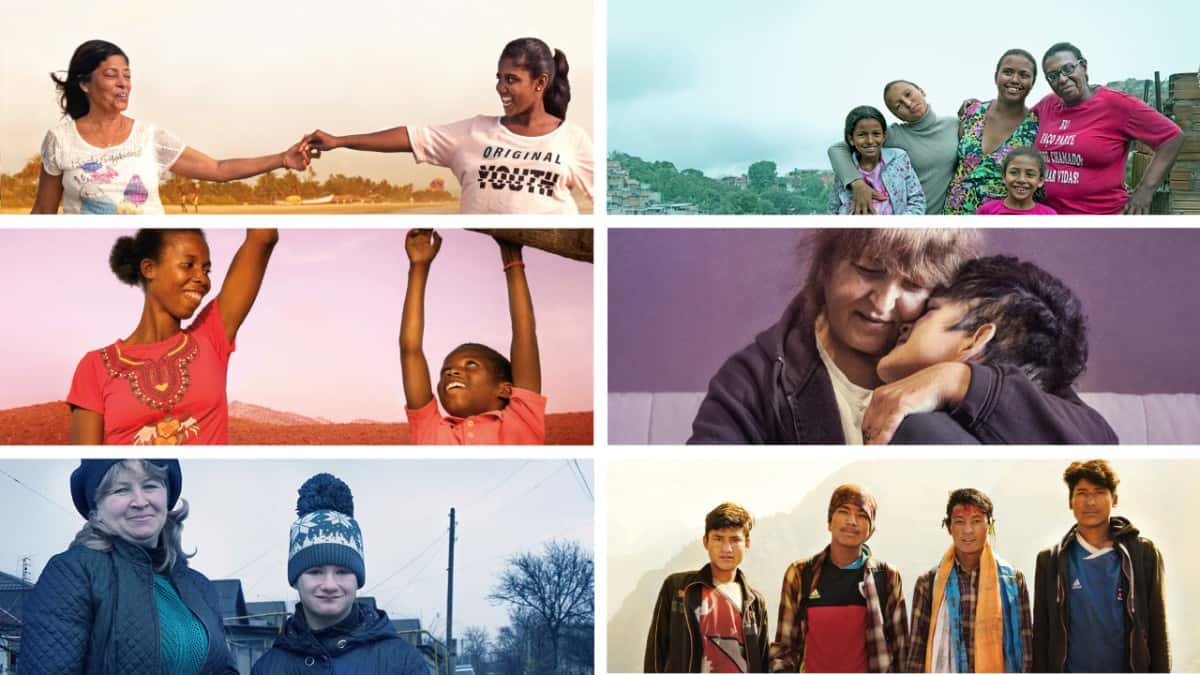
In Haiti, Diego's poor parents sent him to an orphanage hoping that their child would get an education and a better life — something they couldn't have provided. But unfortunately, he was severely beaten up.
In Humla, Nepal, the most remote area in the country, Bishnu was lured away from his parents to Kathmandu, where he worked like a 'slave' in a restaurant, washing dishes, being abused and barely ever being given any food. Livya, in Goa, India, just longed for a mother.
In Bulgaria, Isus, who was born with disabilities that confined him to the bed, had never been outside. He, like many in the country, was living in an orphanage until his foster mother Lima came into his life.
HBO's latest documentary is heartbreaking and gut-wrenching, as it tells the story of 6 orphaned children all around the world who went on to be reunited with their families or placed in loving foster homes, and the life of trauma they endured through the journey. 'Finding the Way Home' highlights the painful realities of the eight million children living in institutions and orphanages all over the world and those that help them find the real meaning of being home.
Inspired by the work of JK Rowling's foundation Lumos, it is directed and produced by Emmy winners Jon Alpert and Matthew O'Neill, and with narration by 'Fantastic Beasts' franchise actor Eddie Redmayne.
'The orphans are like bait, and the people from the US are fish'
The 60-minute long documentary intricately follows the system that ends up negatively impacting the children, even though it is meant to help them. The greatest reality check comes from the bit about Haiti, where orphanages are businesses.
Diego's mother talks about how she hoped that her baby would find the light, but the child ended up being subjected to harsh beatings instead. The little boy, barely in his pre-teens, shares how the director of the orphanage took all the gifts "white" people sent them — sandals and all — and never took care of them.
In Haiti, one of the poorest countries of the world where most people make a minimum wage of just $3, the 2010 earthquake took away most things. People came in looking to help orphans and before they knew it, unregistered homes for these kids sprung up. Diego stayed in one such orphanage called Four Winds Oprhange run by a man named Pastor Vernet. A few years later, it was shut down because of unsanitary and unsafe conditions. Pastor Vernet found another partner, also a pastor, and built another orphanage. "It's a business," he tells the camera showing around the old property.
Three dirty holes on an elevated surface is the bathroom for 60 kids. "It brings cholera and diseases," he says, but promptly mentions he doesn't have money to build a "nice one". In Haiti, 85 percent of orphanages are not registered to the government. His new property has 42 kids, who use clogged loos brimming with fecal water. Calling a "paradise" in comparison to the previous one, he says "the orphans are like bait, and the people from the US are fish".
Disability and orphanages
Until 2010, the Bulgarian government encouraged people to give up their disabled children to institutions — but they were overcrowded and understaffed. Many children died in these squalid and often isolated state institutions, never knowing what it felt like to be home. Almost a decade ago, the government started closing them down.
Isus' whole world was his bed and the ceiling. His foster mother Dima talks of the first time the boy felt the wind. "He laughed," she says. But the foster home changed his life. "He used to eat everything but now he's a picky eater," she says. His seizures have become shorter and he is constantly improving.
The place where Isus lived had 38 kids in 5 rooms and some of them were severely disabled. It closed down in 2017.
Crack orphans
The documentary highlights a widespread term in Brazil, called "crack orphans". The country has the greatest number of crack users in the world and results in what the locals call "crack orphans". These children are abandoned and end up in the streets — and the vicious cycle of the opioid crisis continues. To tackle the problem, there is a system placing these children with their kins — grandmothers, aunts, and other extended families.
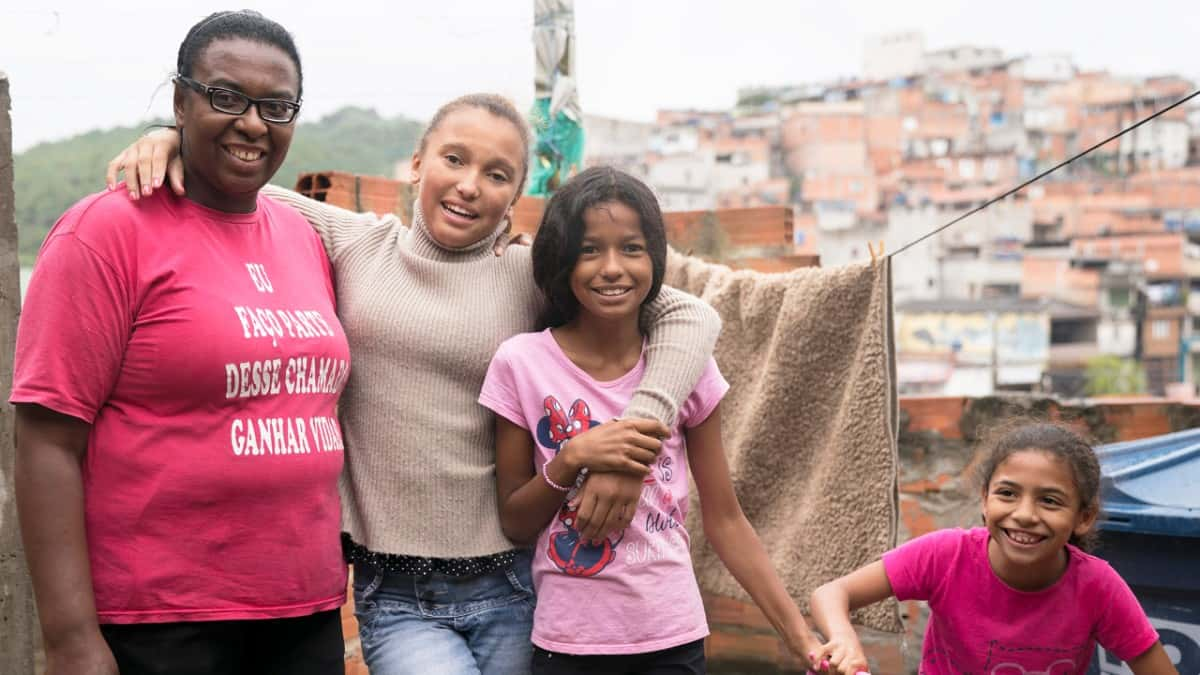
Cristina was once a crack user. Her daughter ended up in the same way and died. Her granddaughters were placed in her care through the Family Guardian Program. It has given her a new purpose and the three girls a fighting chance at a better future. This program finds a realistic and meaningful option to the two already existing ones, riddled with problems — foster care or institutionalization.
'Finding the Way Home' premieres on December 18 at 9pm ET on HBO. Watch the trailer below:

